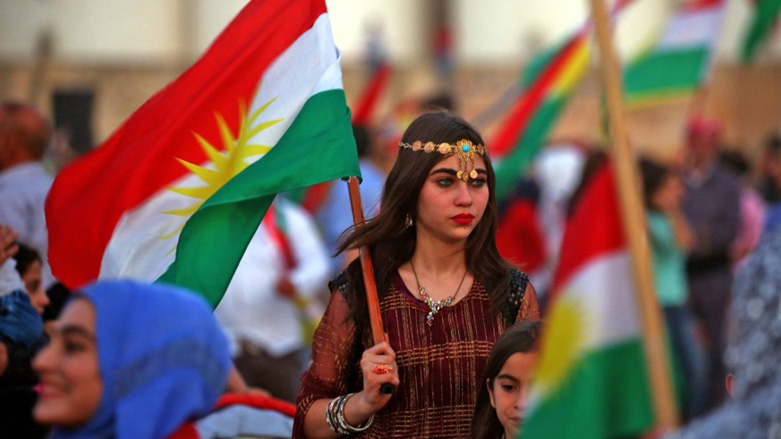UK did not betray the Kurds: British Minister

ERBIL, Kurdistan Region (Kurdistan 24) – A British Foreign Office minister has hit back at claims the people of Kurdistan were “betrayed” by the United Kingdom after it opposed the Sep. 25 independence referendum which saw an overwhelming majority favoring secession.
Last month, Karwan Jamal Tahir, the Kurdistan Regional Government’s (KRG) high representative to the UK, said the Kurds had been “let down” by the international community, including Britain, as they watched Baghdad use military force against the Kurds in retaliation for the vote.
Since the Sep. 25 referendum, the Iraqi government has imposed a series of collective punitive measures on the Kurdistan Region, including banning international flights to the Region’s airports.
Additionally, on Oct. 16, Iraqi forces and Iranian-backed Shia Hashd al-Shaabi militias attacked and took over disputed territories, most notably the oil-rich province of Kirkuk.
Westminster had cautioned against the vote, saying it might destabilize the region and harm efforts in the fight against the Islamic State (IS).
However, cutting criticism of London’s position came out earlier this week when Tom Hardie-Forsyth, a former British Cabinet Office, and NATO official, said the UK had failed to support one of its important Middle East allies – the Kurds in Iraq – against Iran.
Alistair Burt, Minister of State for the Middle East, denied the claim before the Foreign Affairs Committee.
“We formed a view very early that we didn’t believe it was in the interests of the region or those who advocated it,” he said. “We weren’t alone in relation to this.”
“We don’t feel it’s a matter of betrayal by the United Kingdom to offer honest advice,” Burt added.
Hardie-Forsyth, currently an informal adviser to the KRG, said Britain had “detailed intelligence warning of the precise links” between Iran and the Shia militias that Tehran supports in Iraq, and that ministers had inadvertently helped to “neutralize” the Iraqi Kurds in efforts to limit the influence of Iran in the region.
Burt denied the statement, saying: “I’m not aware that we have taken such action that we would have neutralized the Kurds. I don’t think of the Iraqi Kurds to be a neutered body.”
The Minister of State also indicated London was not necessarily interested in further involving itself in discussions between Erbil and Baghdad. “There are many disputes around the world where people would like Britain to act in a mediation capacity. This is not for the UK to do,” he said.
“We have got no indication from the Iraqi government that they think this is a part the UK Government should play,” he concluded.
Kurdish officials have repeatedly called for the international community and the UN to interfere in its ongoing dispute with the Federal Government of Iraq to put an end to existing tensions and abuses through peaceful dialogue and within the framework of the Iraqi Constitution.
Editing by Karzan Sulaivany
